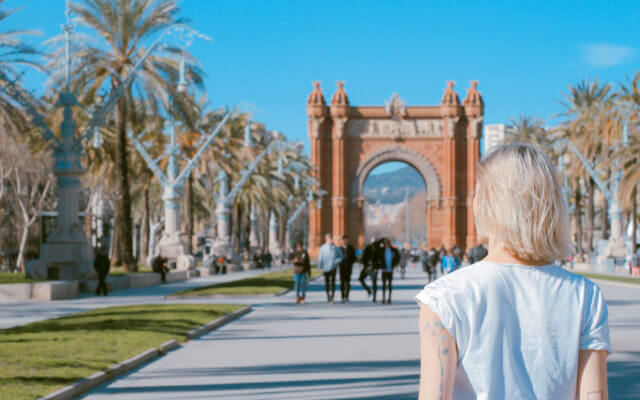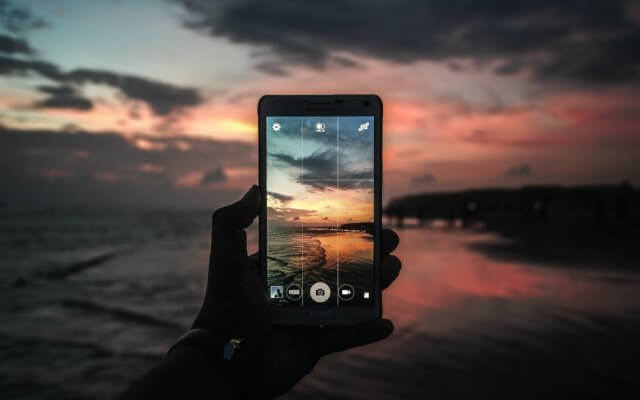ERASMUS+, Key Action 1: training course
Venue: Būlduri, Latvia
Dates: 2—10 May 2023
Czech team: Markéta Janská, Veronika Hlaváčová, Marie Koubová, Marija Pečnikova
Please read the info-pack & preliminary daily activities programme
Hosting organisation: Europium
Project report:
I participated in the Erasmus + Youth Training Course project, called Better Together. The main topic of the course, which was demographic inclusion. The project took place near the capital of Latvia, which is Riga. The project involved 44 participants from different countries (Portugal, Croatia, Cyprus, Poland, Hungary, Germany, France and Italy).
Erasmus+ is a program of the European Union that provides funding opportunities for various educational and training initiatives. The program aims to promote cooperation and mobility between education and training institutions across Europe, as well as to support the development of skills and competencies among individuals. Erasmus+ projects are focusing on a wide range of topics, including but not limited to education, training, youth, and sports.
The duration of the project was 8 days. In general, we aim to foster international cooperation, enhance intercultural understanding, and promote the acquisition of skills and competencies that are relevant to today’s globalized world.
Project taught us the knowledge about tools of youth workers, who works with refugees. We empowered the role of these youth workers for inclusive growth in multicultural Europe. We developted an informal network of youth workers around Europe. We learnt about intercultural learning and about non-formal education. During the project we had a intercultural dinner, which was pretty much fun.
After the project we got a Youth Pass, which can be very helpful to get a job.
The overall aim of the training course on sharing, inventing and exploring non-formal learning methods and tools for supporting inclusion of young people with culturally diverse background especially migrants, refugees, minorities and Romas is to support and equip youth workers with knowledge, key competences and employable tools that are needed to act as inclusive agents in their local communities and enhance the human and socio-professional integration of young refugees and migrants.
Together we explored possible future cooperation and partnership among the members of consortium according to the proposal of the new Erasmus+ programme in order to sustain the high-quality work with culturally diverse young people.
During the project I learnt how to listen to people more carefully. I shared and listen to many stories about cultural differences. And I also met a lot of people that can help me in future with youth work with refugees.
To sum it up, big thanks to EYCB for the opportunity to meet new people from different cultures!
Markéta Jánská
- #bettertogether
- #ErasmusPlusLV
- #bagātinipieredzidomāplašāk
- #JSPA
- #Erasmusiespējasjauniešiem
- #iespējasjauniešiem
- #projektijauniešiem



